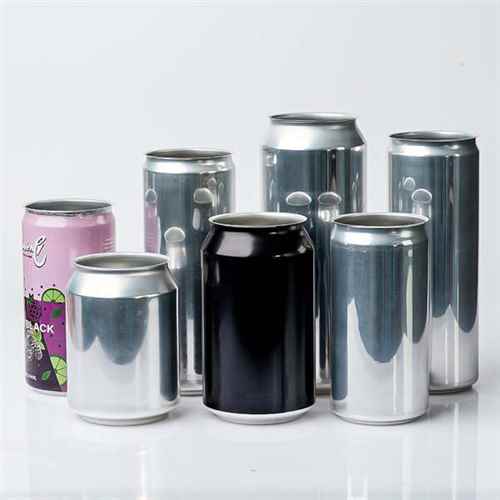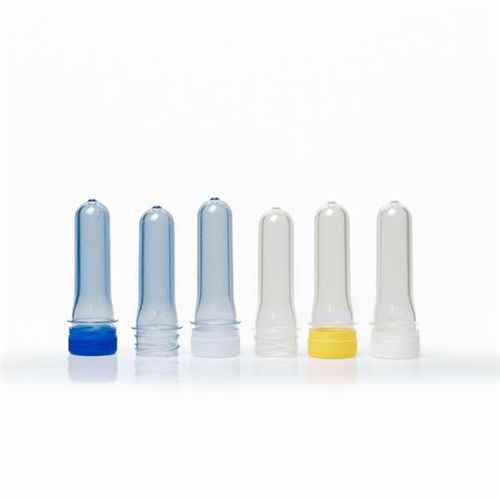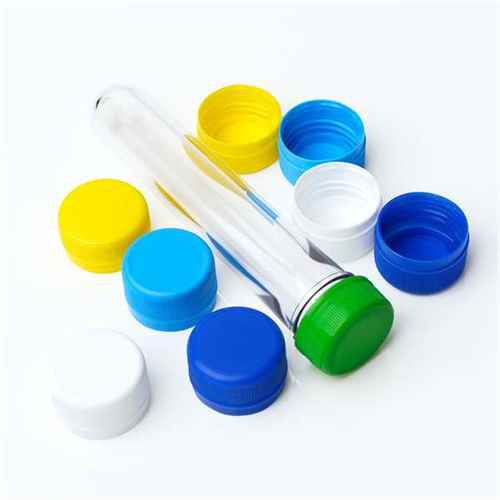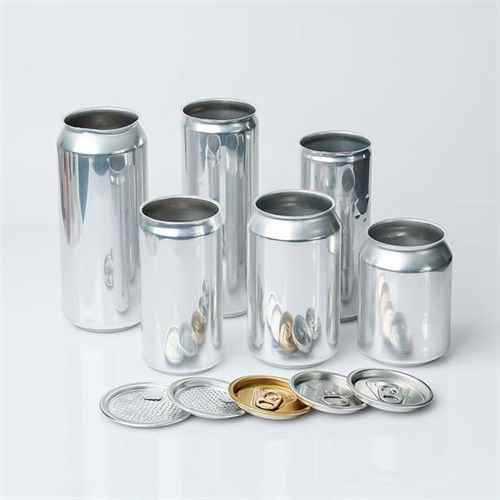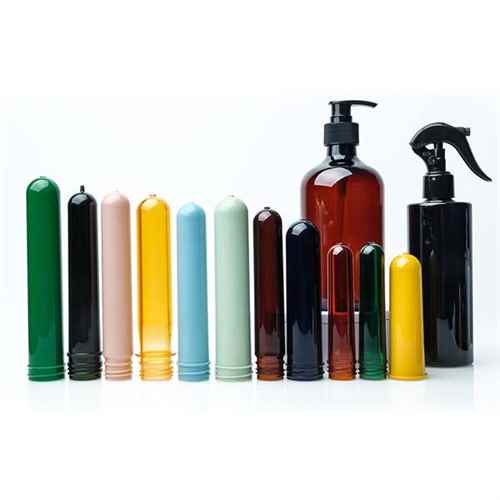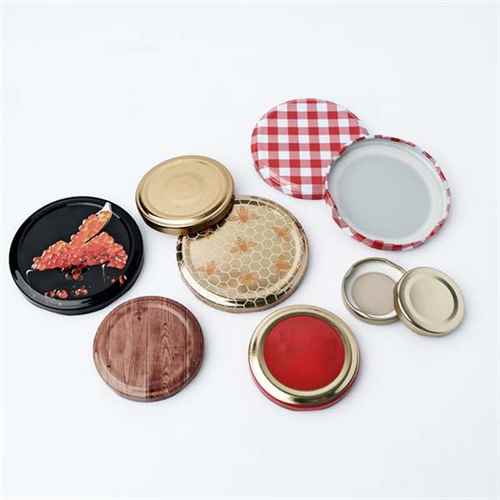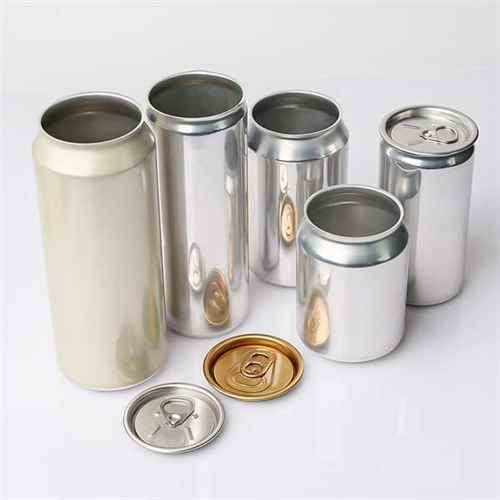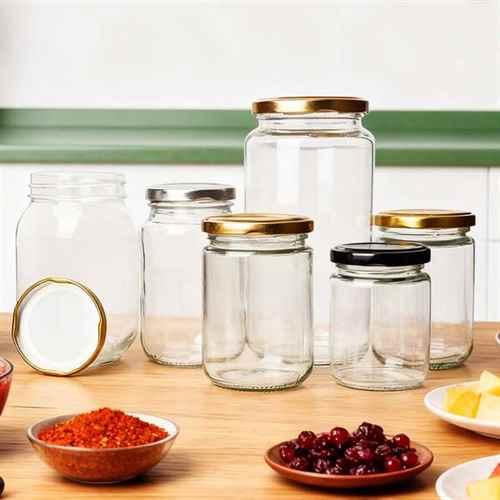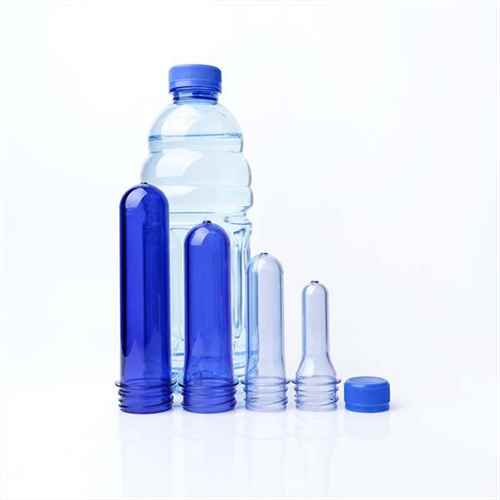Aluminum Can Wine: The Eco-Friendly Choice Transforming Your Celebrations in 2026
Wine enthusiasts have historically valued the tradition of opening a glass bottle. Yet, in 2025, aluminum cans are disrupting this custom by introducing exceptional convenience and sustainability. These lightweight and recyclable containers are ideal for outdoor activities like picnics and beach outings, providing easy single servings without the complications of traditional bottles. With a growing focus on eco-friendliness, canned wine is rapidly gaining traction, anticipated to expand at a CAGR of 17.9% until 2033, according to Market Data Forecast. This extensive blog post explores the rise of canned wine, its advantages, top suggestions, and its transformative impact on environmentally-conscious consumers.
Understanding Bioresins and Their Applications in Packaging
Plastic packaging waste keeps piling up, making the push for planet-friendly packaging more urgent than ever. In turn, a wave of eco-conscious materials is coming to market, with bioresin standing out as a leading candidate.
Choosing PP over PET for lids: what’s the advantage?
PP is a semi-crystalline thermoplastic. It has no smell or taste, is non-toxic, and carries recycling code 5. In its unmodified form, it generally looks milky white to pale gray.
Grasping the Expense of Quality in Beverage Production
Quality is a cornerstone of success in the beverage manufacturing industry. Quality is defined as the measure of excellence, or a state of being free from defects, deficiencies, and significant variations, quality ensures that every bottle, can, or carton that leaves the production line meets the exact taste, safety, and packaging standards set by the manufacturer and expected by consumers.
Intelligent Approaches to Sourcing Cosmetic Packaging
Packaging procurement strategies encompass a range of plans and management approaches that organizations implement to meet their material acquisition objectives. The goal of developing a procurement strategy is to help businesses effectively integrate resources, streamline the procurement process, manage costs, and enhance purchasing efficiency.
Why Cant You Reuse Jar Lids? Understanding Their Importance and Function
Glass jars and their corresponding lids are crucial for home food preservation. Although glass jars can typically be reused, their lids often cannot, particularly when it comes to canning. This post delves into the reasons why jar lids aren't usually reusable, outlines the various types of lids available, and provides guidelines for effective and safe food preservation.
In 2026, can you trust BPANI-lined aluminum cans to be safe for your food and beverages?
With the surge in canned options — think wines in sleek aluminum and lighter beers — packaging safety is under the spotlight. Many manufacturers now use BPANI (Bisphenol A Non-Intent) can liners, formulated to avoid BPA and related substitutes like BPS, while preventing can corrosion. But do these coatings truly meet safety expectations for foods and beverages?
Marketing Guide: The Impact of Packaging Aesthetics on Customer Conversion & Practice
We like to say appearances don’t matter, but in retail they’re everything. Shoppers make up their minds in under seven seconds, and as much as 90% of that instant verdict comes from color and visual design.
Ten Key Things to Know About PET Preform-2
Ten Key Things to Know About PET Preform
